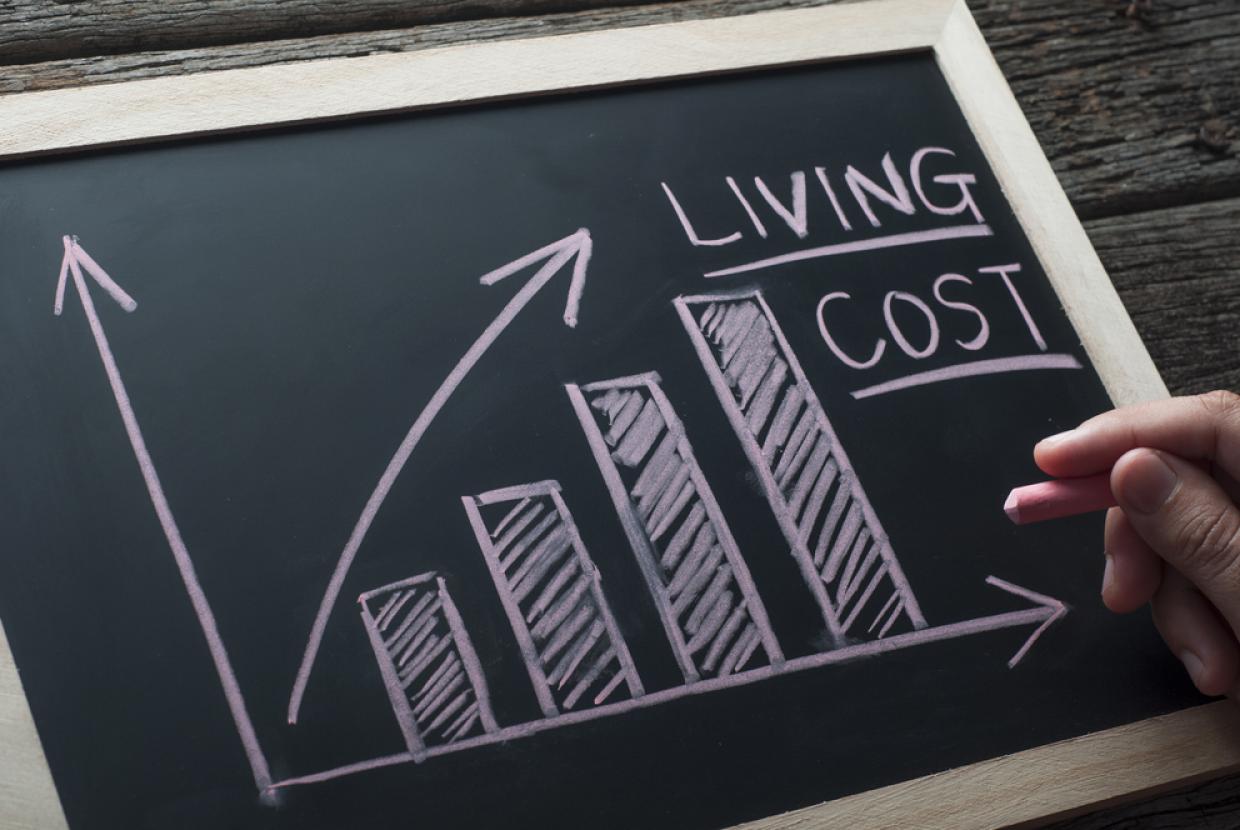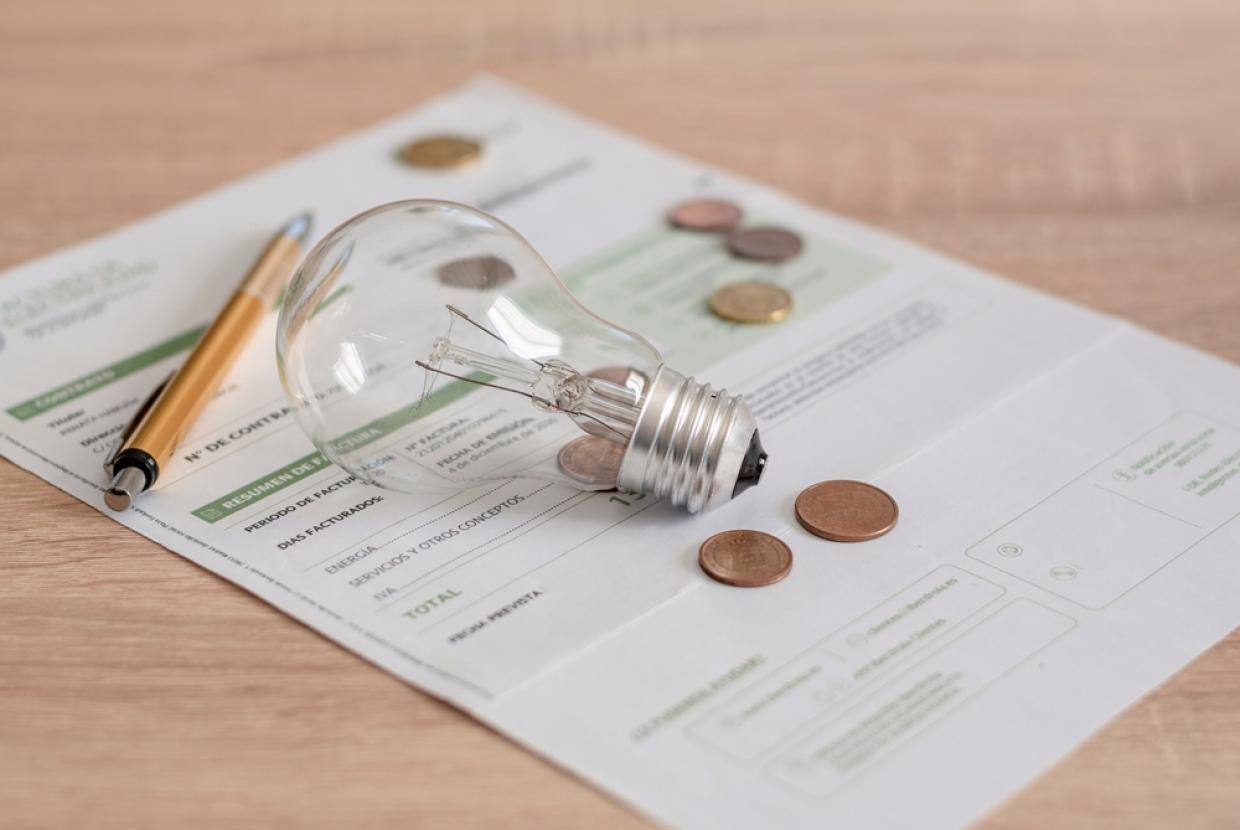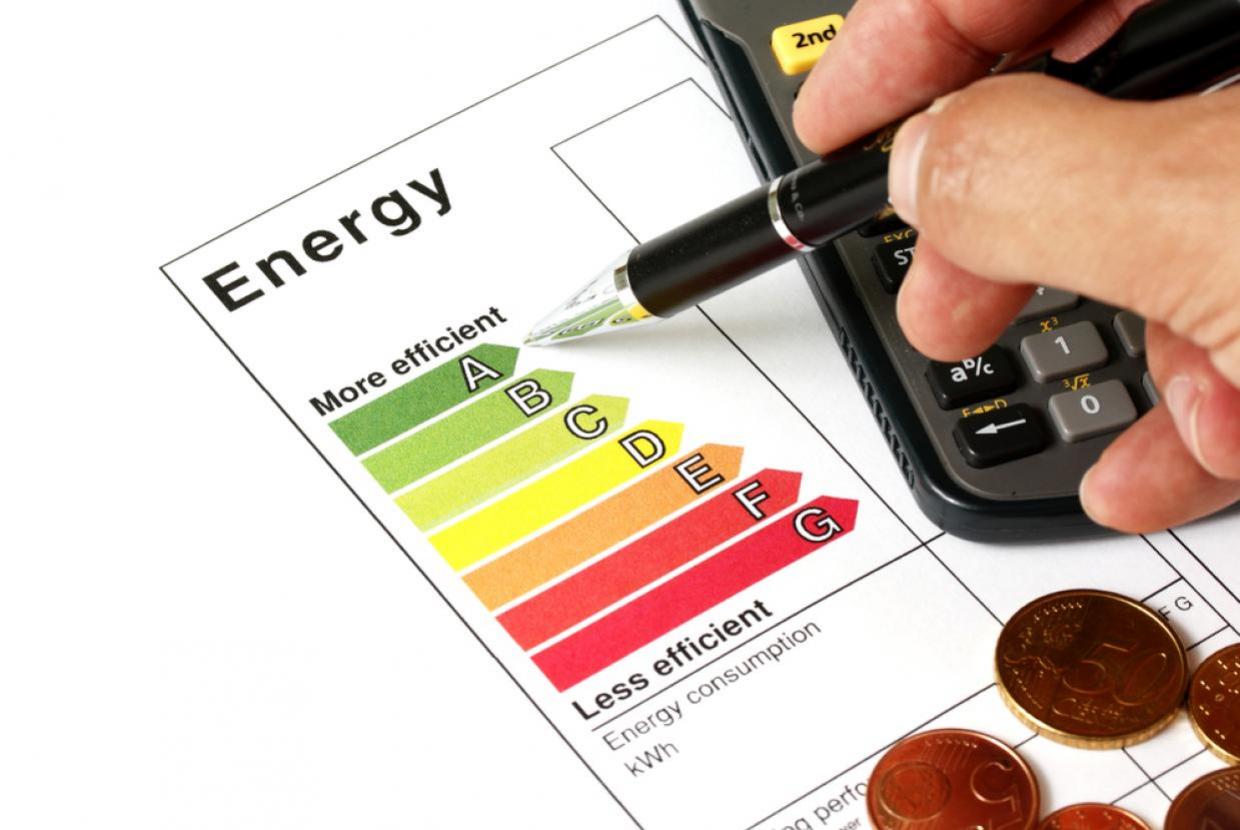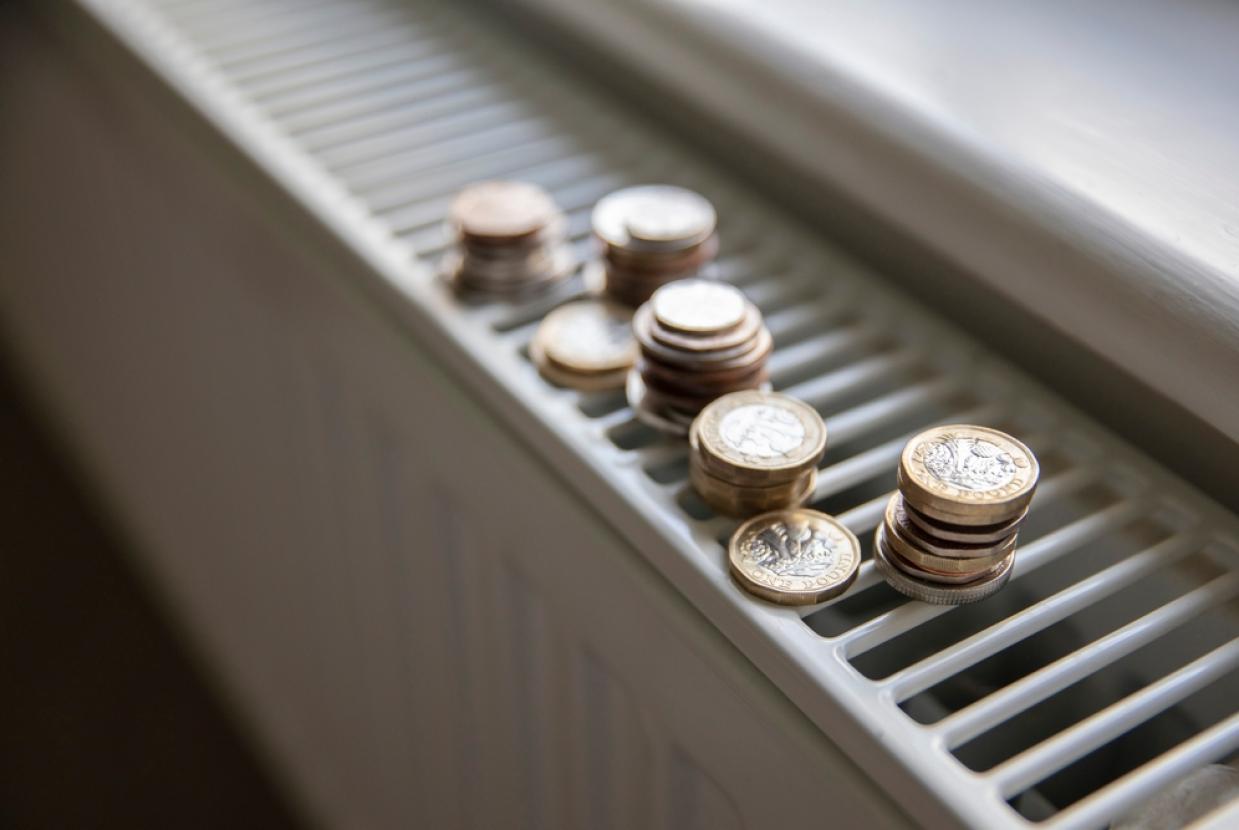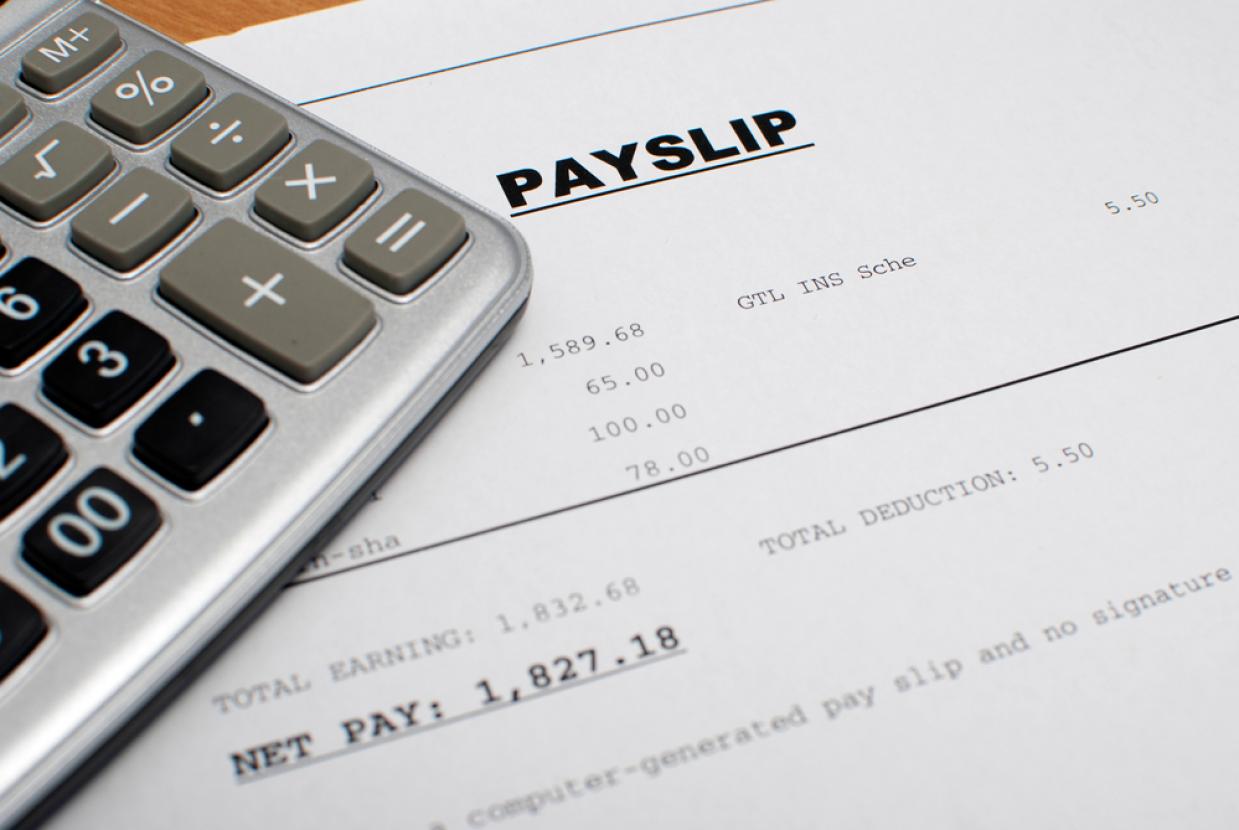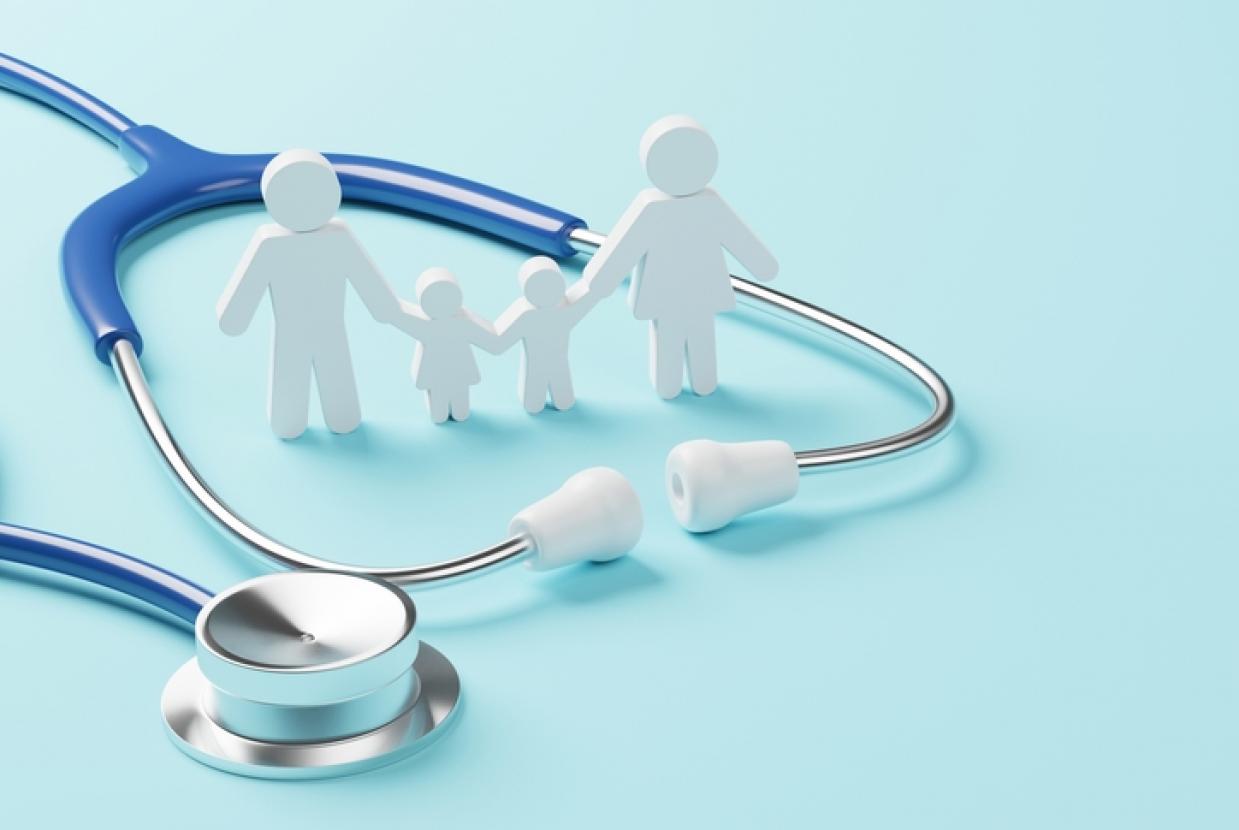What The Mini Budget Means For You
Cost of Living HelpMany of us are worrying about the rise in the cost of living, so the new government has announced a new ‘mini budget’ (the ‘normal’ one is usually in the spring), with the intention to tackle this.
Energy
The big issue for most of us is the growing cost of our energy bills; however, the new chancellor, Kwasi Kwarteng, repeated the support announced in the Energy Price Guarantee on 8 September. This will limit the unit cost of electricity and gas so that a typical household in Great Britain pays, on average, around £2,500 a year on their energy bill, for the next 2 years, from 1 October 2022.
No new immediate support was announced, although from April 2023 energy suppliers will have to help vulnerable and lower-income customers with energy saving measures that could save people up to £200 a year on their energy bills.
Your exact bill amount will continue to be affected by how much energy you use. So, use less, you pay less, use more, pay more.
Stamp Duty
Good news for home buyers in England and Northern Ireland, as stamp duty cuts start straight away. From today, anyone completing on a house purchase will pay no stamp duty on the first £250,000 of your property‘s price (before this announcement it was £125,000).
Eligible first time buyers will not have to pay stamp duty on the first £425,000 of the property’s price (it was £300,000). Before today, first time buyers were only able to claim relief if the total property price was less than £500,000 but this has now been raised to £625,000.
These are permanent cuts, so you are not under pressure to buy and sell your home before a stressful deadline to get the stamp duty cut saving.
Tax
The National Insurance rate rise that happened in the spring of 2022 will be reversed from 6 November, while for taxpayers in England, Wales and Northern Ireland, the basic rate of income tax payable on earnings over £12,571 will drop to 19p from 20p in the pound from April 2023. On average, this means you’ll be £130 a year better off if you’re a basic rate taxpayer and £360 a year better off if you’re a higher rate taxpayer.
The 45% top rate of tax which applies to those earning £150,000 and over will be scrapped from April 2023. This means the top rate paid by high earners maxes out at 40%. Those who would have otherwise been additional rate taxpayers will from April 2023 also now benefit from a Personal Savings Allowance of £500, in line with higher rate tax payers.
Alcohol Duty
In an attempt to help out the hospitality industry, alcohol duty will be frozen from February 2023. This should save you 7p on each pint of beer, 4p on a pint a cider, 38p on a bottle of wine and £1.35 on a bottle of spirits.



















